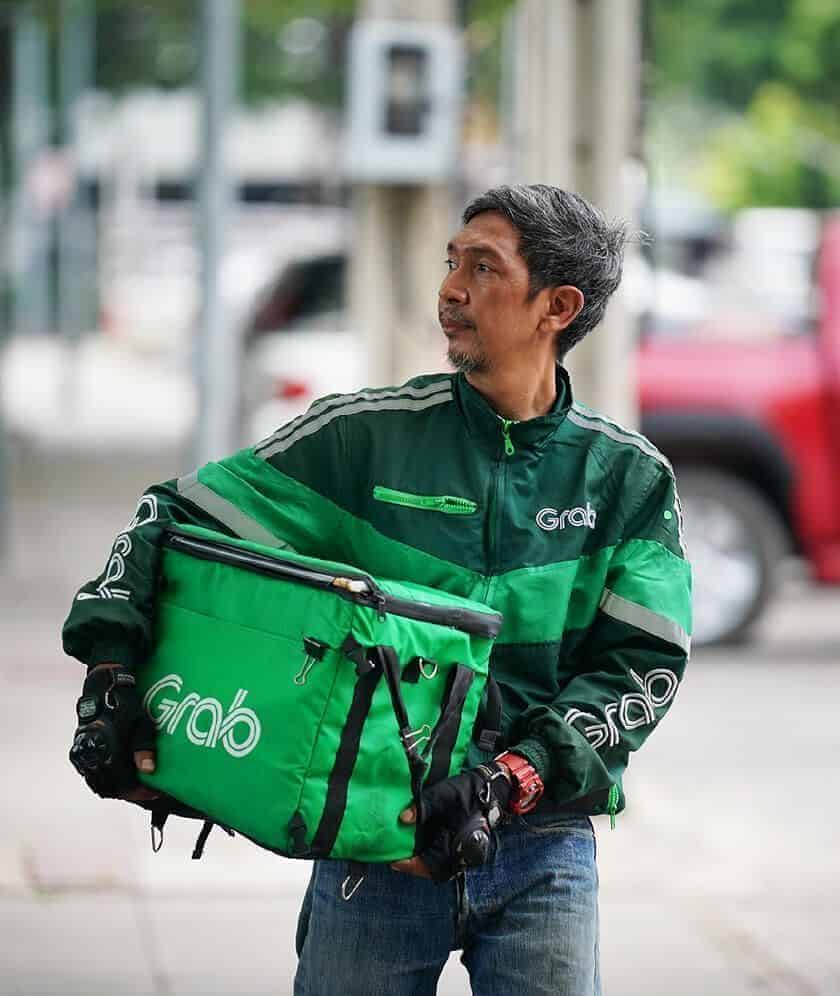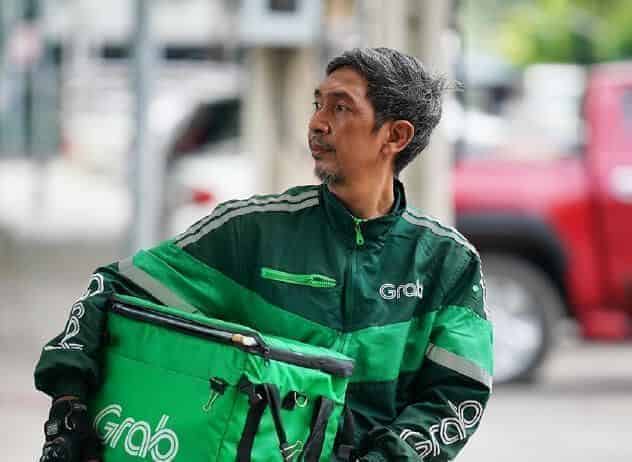We previously shared a set of guiding principles that we reference in our journey towards building a sustainable gig economy for all. We want to make more detailed commitments on several principles: sustainable earnings, insurance protection and partner representation.
Sustainable earnings: Grab believes that gig workers should be adequately compensated for their work. In support of this, we commit to ensuring that all partners earn at least the rate of local minimum wage, net of operating costs, while on a trip. As a marketplace platform, we will embed this earnings guardrail in our pricing algorithms so that every trip is priced to meet this objective. We will also provide tools to help our partners complete their trips efficiently.
- Currently, over 95 percent of our partners earn above local minimum wage, net of operating costs, while on a trip. In a majority of markets, the median partner earns 2x or more above local minimum wage while on a trip.1
- We still have a gap to bridge to fully meet this commitment as the earnings of a small minority of partners fall below this threshold. This could be due to traffic hold-ups, or long wait time at our merchant-partners’ premises while picking up food orders. We are working on product and process improvements that will benefit all partners, to support them in meeting this commitment over the next two years.
- Some examples of product improvements include the “just in time” scheduling of delivery order pickups to reduce wait time for food preparation, and combining nearby deliveries together to save partners’ time while increasing their earnings per trip. We are also exploring tweaks in areas such as cancellation fees, parking fee reimbursements and other forms of wait time compensation. Any changes will be phased in gradually to allow all stakeholders time to adjust, while helping to bridge the gap so that the remaining minority of partners meet this commitment.
Insurance protection: Grab provides work-related accident insurance coverage to protect our partners from incidents that may arise in the course of their work. All ride-hail and delivery partners are already covered, and in most markets, the coverage levels already meet the commitments specified below. Where they do not, we are raising the coverage levels in two aspects so that they apply to all partners with immediate effect.
- The first aspect is complimentary lump-sum insurance coverage for partners in case of an accident resulting in disability, or to partners’ dependents in the event of the partner’s death, owing to an accident that happened in the course of Grab platform-enabled work. In such a situation, we provide coverage of at least 6x of a partner’s average monthly earnings from the platform, with higher coverage in many of our markets. This means that partners or their families have earnings protections for the next six months at minimum, and in many cases, for even longer than that.
- The second aspect is providing insurance coverage for medical expenses support in the event of an accident that happened in the course of work requiring medical attention or surgery. In such a situation, our complimentary insurance provides coverage up to the estimated cost of surgery for common physical trauma from accidents, such as broken bone injuries, in each market.
Partner representation: Grab believes that our partners should have a voice, so that they can communicate their concerns and engage with us. We have set up a variety of channels to engage our partners, ranging from formal townhalls to informal kopi (coffee) or chat sessions, given the diversity and preferences of gig workers. The objective of these channels is to ensure that issues partners raise are addressed and their voice incorporated in decision making where feasible.
We are always looking to do more, and in doing so, commit to:
- Maintaining multiple diverse channels of engagement to help us better sift out a diversity of representative views from our partners.
- Building effective channels that let partners provide direct, real-time feedback, which we need given the dynamic nature of our marketplace.
- Ensuring these channels are collaborative and constructive, seeking to work through divergent interests to find solutions that work for all.
- Giving our partners ownership by making sure they are involved and represented in decision making processes where feasible.
1 Based on Grab’s internal analysis of all driver- and delivery-partner earnings, across all markets of operation, between the time period from July 2019 to December 2021.

